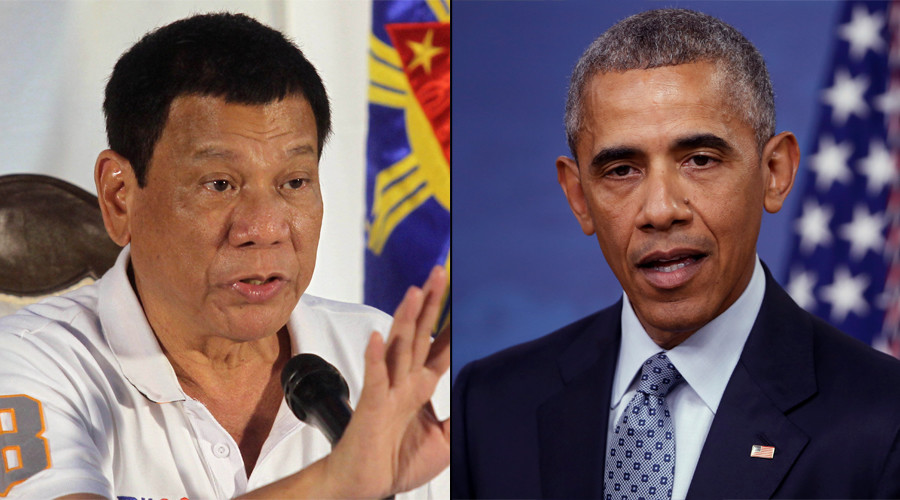Beijing must avoid flexing its muscles in the South China Sea, US president Barack Obama has warned as he arrives in China on the first leg of his final tour of Asia.
Official statements issued by both sides on Saturday, as the pair held more than four hours of bilateral meetings, hinted at some of the disagreements between the world’s two largest economies.
According to a White House statement, Obama told Xi of “America’s unwavering support for upholding human rights”.
“China opposes any other country interfering in its internal affairs in the name of human rights issues,” Xi told Obama in response, according to Xinhua, Beijing’s official news wire.
“If you sign a treaty that calls for international arbitration around maritime issues, the fact that you’re bigger than the Philippines or Vietnam or other countries … is not a reason for you to go around and flex your muscles,” Obama added, according to Reuters. “You’ve got to abide by international law.”
“Where we see them violating international rules and norms, as we have seen in some cases in the South China Sea or in some of their behaviour when it comes to economic policy, we’ve been very firm,” added Obama. “And we’ve indicated to them that there will be consequences.”
Obama is scheduled to touch down in Hangzhou, a city in eastern China that is hosting this year’s G20, on Saturday.
He is due spend much of the day with Xi with the pair expected to make a high- profile joint declaration on climate change in which the US and China will announce plans to formally ratify the Paris climate agreement.
“We know the two sides have been discussing this for a few months,” said Li Shuo, the Beijing-based senior climate policy adviser for Greenpeace East Asia. “If they do that just one day before the G20 it will inject momentum for other G20 countries to follow suit.”
Collaboration between the US and China on the fight against global warming has proved one bright spot in an otherwise fraught relationship.
Relations have soured since Xi became president in early 2013 and began pushing a far more assertive and nationalistic foreign policy, notably in the South China Sea where Beijing has sought to affirm its rights over disputed territory through a controversial artificial island building campaign.
In July, an international tribunal in the Hague dealt a stinging rebuke to China over its activities in the region, dismissing many of its claims in the South China Sea and claiming its land reclamation projects had caused severe environmental damage.
Despite those simmering tensions, Nick Bisley, an Asia expert at La Trobe University in Australia, said he did not anticipate any major public spat between Washington and Beijing during Obama’s farewell trip to China.
“My sense is it will be a bit of a love-in,” he said. “There is no benefit at all, certainly from an American side, to stoking this one unnecessarily and I don’t see why if you are Beijing you benefit from picking a fight with the Americans unnecessarily.”
Instead Bisley predicted Beijing would be focused on using the two-day G20 summit to show China had become “a top tier player” in global affairs.
“Part of the theatre of this whole [G20] thing will be about illustrating China’s arrival – the world comes to China’s door and doesn’t quite kowtow but does the next best thing. And that general message would be crowded out by an overt bust up between the Chinese and the Americans over the South China Sea.”





Be the first to comment on "Obama warns China against South China Sea aggression at G20"